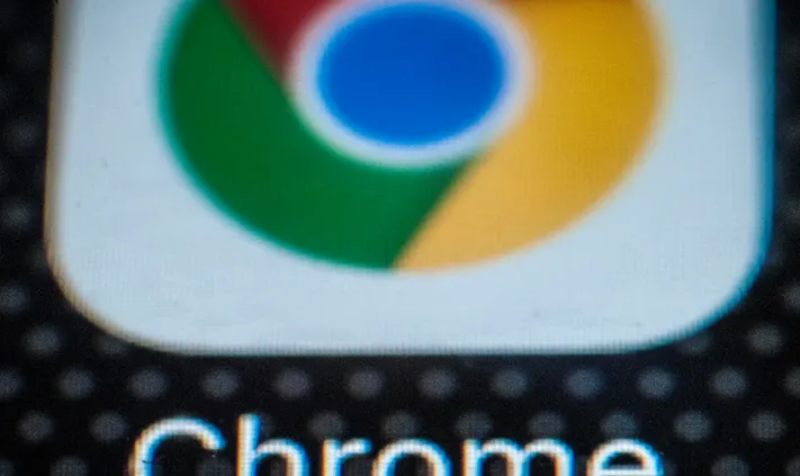This most recent warning pertains to Windows users who have Chrome installed on their computers; it is imperative that you update your browser as soon as possible.
This update contains a crucial patch for the underlying graphics engine, which previously allowed attackers to run code on target computers. However, there has been no word as of yet about any exploitation this time around.
Two high-severity memory fixes—the kind usually found in updates of this nature—are also included in the upgrade. According to Google, these kinds of memory vulnerabilities are the most commonly found and exploited in its core engine. No more details are available “until a majority of users are updated with a fix,” as is customary.
It appears quite likely that the first fix is a genuine threat, given that Google has deemed it significant. The first fix is simply a vulnerability to potential code manipulation. Users should update as soon as possible as the remedy is made available to the public because time is of the essence for any exploitation.
This wasn’t the biggest Chrome news of the week, usually reserved for a vital patch. The other piece of news is that Chrome’s hated tracking cookie ban has been postponed until at least early 2025.
The problem is that Google must strike a balance between protecting user privacy and treating its advertising fairly, especially considering that it effectively serves as both a gamekeeper and a poacher.
Google posted in the middle of the week, saying, “We recognize that there are ongoing challenges related to reconciling divergent feedback from the industry, regulators, and developers. We will continue to engage closely with the entire ecosystem.”
That’s a completely different kind of important update.
The update comes as Google’s ongoing engagement with the UK’s Competition and Markets Authority (CMA) tries to carve a path through this messy situation. “We will not complete third-party cookie deprecation during the second half of Q4,” Google confirmed. “Assuming we can reach an agreement, we envision proceeding with third-party cookie deprecation starting early next year.”
Considering its special position in the market, Google is in a bit of a pickle here. The privacy consciousness of web consumers is increasing, but Apple’s Safari and Chrome are still too far apart. Users of Chrome, an outstanding browser, correctly wish to see Chrome more closely aligned with the alternatives.
Despite its embarrassing Incognito Mode gaffe, Google appears to agree, but it needs to find a middle ground that doesn’t destroy both its ad model and those cookies.
Naturally, the more significant unanswered topic at hand concerns AI and what it will actually imply for browser search and advertising in the years to come. Ultimately, we might already be in unfamiliar ground when these cookies eventually vanish.


